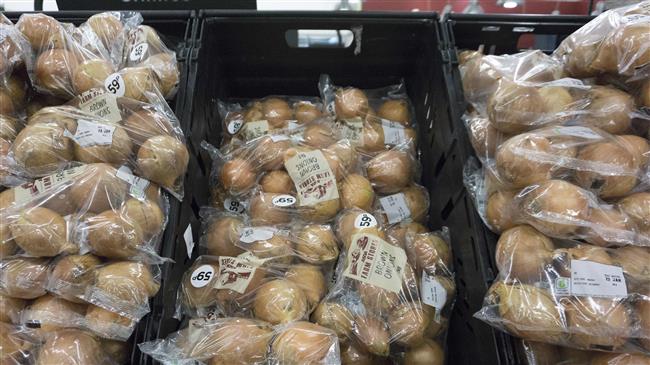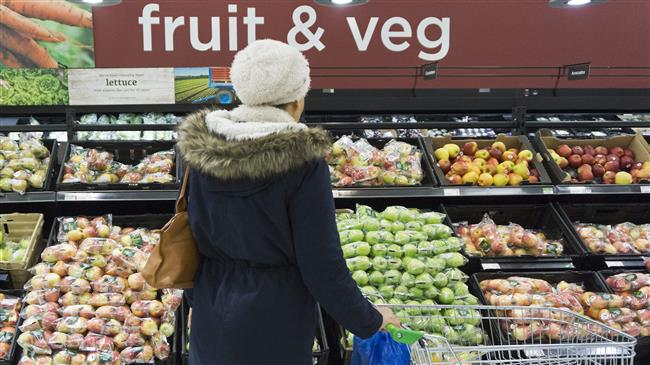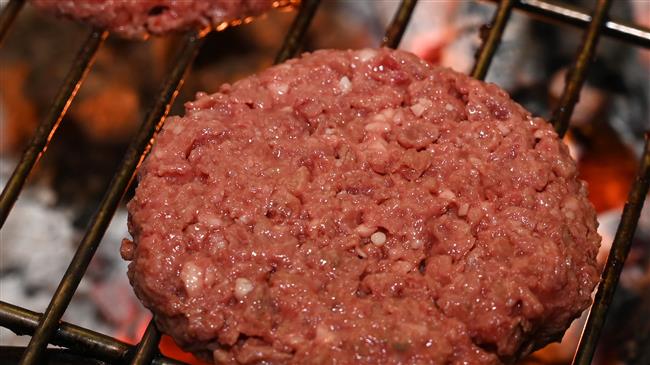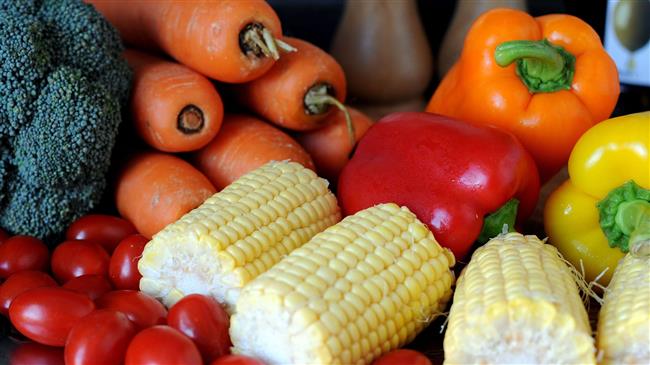UK rejects US demands for lowering food standards after Brexit
The UK government has reiterated that it will stand by its strict standards on food import after leaving the European Union, despite a renewed demand by US envoy to London who insists Britain should ease barriers to allow more American farming products to enter the country after Brexit.
A government spokeswoman denied on Saturday that London would accept lower food standards after leaving the EU, dropping a hint that current EU limits on US exports of certain food products, including chicken and beef, would remain in place after Brexit.
“We have always been very clear that we will not lower our food standards as part of a future trading agreement,” said the official.
The comments were made in response to a renewed call by US ambassador to the UK Woody Johnson who said in the Daily Telegraph on Saturday that London should embrace US farming methods after leaving the EU.
Johnson launched a fresh attack on those criticizing US farming standards, saying they were “people with their own protectionist agenda” who used “inflammatory and misleading” smears against the US farming industry.
He accused the EU of insisting on its “Museum of Agriculture” attitude, saying those spreading fears about US farming products, including chlorine-washed chicken and hormone-fed beef, were telling “half the story” to the public in the UK.
“American farmers are making a vital contribution to the rest of the world. Their efforts deserve to be recognized, instead, they are being dismissed with misleading scare-stories,” said Johnson.
Critics accept US government claims that farming products exported from the country have no problems in terms of health, but they insist American farming does not observe standards of animal welfare and environmental protection.
Reports have suggested that Washington is heavily capitalizing on the post-Brexit market in the UK by trying to lower the tariffs and barriers for the export of its agriculture products. US officials have repeatedly called on London to ease its part of rules to help the bilateral trade grow after Brexit.
However, the Daily Telegraph said on Saturday that Britain’s Department for Environment, Food and Rural Affairs had won a clearance from the cabinet last week to continue maintaining EU food safety and animal health regulations for at least nine months if the country leaves the EU at the end of March in a disorderly manner.
‘All wars have rules. All of those rules have been broken’ by Israel
VIDEO | Report flags India’s violation of rights of Rohingya detainees
Turkey's foreign minister meets Syria's de facto leader in Damascus
'Next to impossible' to rescue patients from Gaza's Kamal Adwan Hospital: Director
VIDEO | Vietnam current prosperity
Report blames gasoil exports for shortage at Iranian power plants
VIDEO | Hind Rajab Foundation names Israeli war criminals vacationing after Gaza genocide
VIDEO | Australians rally for Gaza ahead of Christmas festivities














 This makes it easy to access the Press TV website
This makes it easy to access the Press TV website